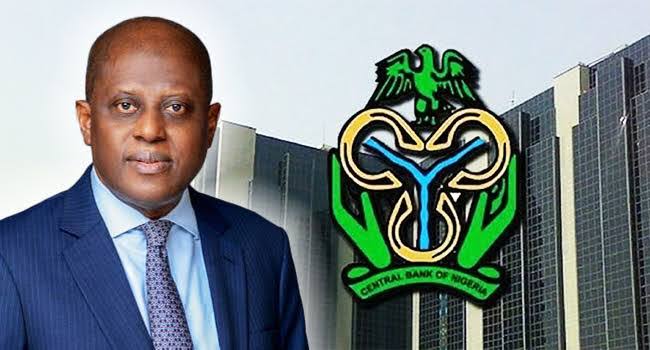Nigeria’s central bank governor, Olayemi Cardoso, has linked the naira’s recent stability and appreciation to a series of policy adjustments implemented by the Central Bank of Nigeria (CBN), which have enhanced the local currency’s competitiveness.
Speaking at the 2025 Monetary Policy Forum in Abuja on Thursday, themed ‘Managing the Disinflation Process’, Cardoso emphasised that the CBN remains committed to introducing reforms that promote price and currency stability. These efforts, he noted, are crucial in attracting foreign investors, as they thrive in environments with favourable returns.
“We have seen relative stability in the foreign exchange market, a narrowing exchange rate disparity, and a rising external reserves of over $40 billion as of December 2024,” Cardoso stated.
Although some of these reforms initially led to a sharp depreciation of the naira—causing it to lose at least 70% of its value following the relaxation of foreign exchange rules in 2023—the local currency has rebounded, reaching its highest level in seven months at **₦1,485.95 per dollar** on Thursday.
This development signals a return to previous levels, reflecting the impact of the CBN’s monetary and foreign exchange measures aimed at stabilising the naira and boosting market confidence.
Cardoso also underscored that attracting capital inflows depends largely on investors’ trust in domestic reforms, macroeconomic stability, and the prospect of positive real returns on investments.
He reiterated that the CBN’s shift from unorthodox to orthodox monetary policies is designed to restore confidence, enhance policy credibility, and prioritise price stability. In addition to monetary policy shifts, the apex bank introduced critical reforms to fortify the financial system and maintain macroeconomic stability.
Among these key initiatives, Cardoso highlighted the establishment of a ‘unified multiple exchange rate window’ to improve FX market efficiency.
This policy change delivered significant outcomes, with remittances via International Money Transfer Operators (IMTOs) surging 79.4% in the first three quarters of 2024, reaching $4.18 billion, compared to $2.33 billion in the same period of 2023.
Furthermore, the CBN removed restrictions on **41 previously banned items** from accessing the official FX market—a policy initially introduced in 2015. Additionally, it **set new minimum capital requirements for banks**, effective by **March 2026**, to bolster the resilience and global competitiveness of Nigeria’s banking sector, ensuring its ability to support the nation’s ambition of becoming a **$1 trillion economy**.
“These reforms reflect our commitment to creating an enabling environment for inclusive economic development. However, achieving macroeconomic stability requires sustained vigilance and a proactive monetary policy stance,” Cardoso affirmed.
Inflation Could Have Reached 42.81% by December 2024
Addressing inflationary concerns, Cardoso warned that without decisive policy actions, inflation could have escalated to **42.81% by December 2024**, far surpassing the **34.8%** recorded in that period.
He pointed out that liquidity injections under unorthodox monetary policies—especially since the COVID-19 pandemic—had created a substantial financial overhang. While these policies were meant to cushion economic shocks, they failed to generate corresponding productivity growth, leading to inflationary pressures and heightened volatility in the foreign exchange market.
Excess naira liquidity, he added, intensified **demand-driven inflation**, further exacerbated by **structural supply constraints**. However, Cardoso expressed confidence that Nigeria had made a turnaround, stating that the country was now on the path to **disinflation**.
“However, we must remain committed to bold, coordinated policy measures to consolidate our progress,” he said, adding that achieving sustained price stability would require close collaboration between fiscal and monetary authorities.











